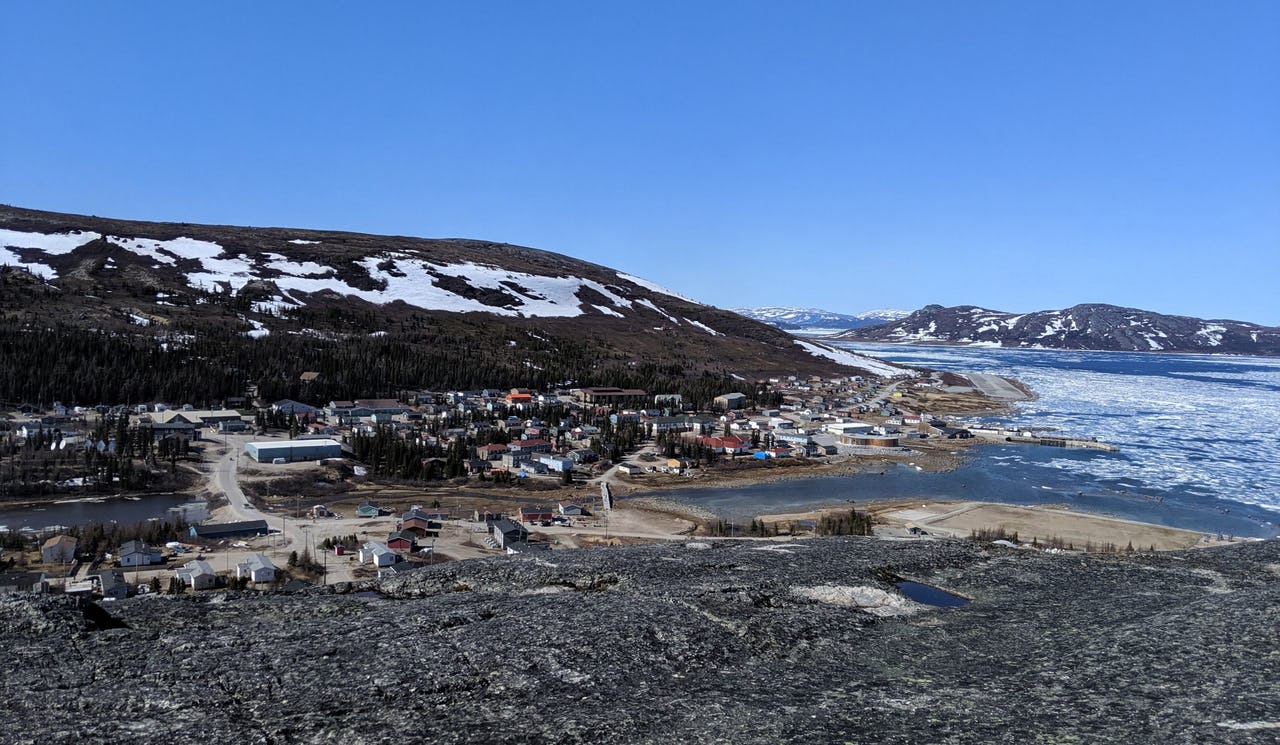Realizing Indigenous Law in Co-Management of Natural Resources

Indigenous laws and traditions can improve how co-management boards operate in Canada’s Arctic. Photo: The Gordon Foundation
Through a partnership with the Gordon Foundation, The Arctic Institute is publishing a series of papers on Canadian Arctic policy critiques and solutions written by Jane Glassco Northern Fellows. The Jane Glassco Northern Fellowship Program recognizes the leadership potential of northern Canadians aged 25-35 who are passionate about addressing emerging policy challenges and building a strong North. During the 18-month program, Fellows deepen their understanding of important northern issues, and develop the skills to articulate and advance their ideas and policy research. Fellows publish individual and group policy research papers. For more information, please visit The Gordon Foundation website and follow the Fellowship on Twitter.
Co-management boards (“the Boards”), the governance structures through which Indigenous and non-Indigenous governments jointly manage lands and resources in Nunavut, Northwest Territories, and Yukon, are a bittersweet addition to the northern governance landscape. For some, the Boards enable Indigenous groups to effectively participate in lands and resource management. Over time, the Boards have evolved to serve regional needs well. Yet their ability to transform governance in a manner that reflects Indigenous sources of law and culture is limited. The statutes that give them life and perhaps the culture instilled in them is potentially to blame. Final decision-making authority often rests with the responsible minister, and local decisions can be circumvented. The minister also has the ability to direct the Boards through binding policy direction. This process usually follows the well-worn path of western bureaucracy. Our intention is not to deny the utility of the Boards in their current form, but rather to interrogate how the lessons of Indigenous legal traditions might adjust and improve how they operate. The Boards have been operating for several decades – now is the time to reflect on their use of Indigenous legal traditions, discuss pathways of potential change, and reaffirm the inclusion of Land Claim implementation objectives. Growing awareness of Indigenous law revitalization presents an opportunity to address apparent imbalances in legal perspectives and enhance co-management systems through Indigenous laws and traditions. We offer three recommendations aimed at entrenching Indigenous law in co-management decision-making to more equitably balance the world views between Indigenous peoples and Canadian governments.
Killulark Arngna’naaq is an Inuk originally from Qamanit’uaq (Baker Lake) Nunavut, but spent most of her childhood in, and is currently based in Yellowknife, NWT. Killulark is currently working for Tides Canada as their Northern Program Specialist. Heather Bourassa is a business owner and active community member of Fort Good Hope. She attended school in Fort Good Hope, Cochrane, and at the Southern Alberta Institute of Technology in Calgary. Don Couturier was born and raised in Yellowknife, Northwest Territories, and recently completed law school and a Master of Public Administration at Queen’s University. Kaviq Kaluraq lives in Baker Lake, Nunavut. She is an instructor in the Nunavut Arctic College’s Nunavut Teacher Education Program. She is also the Acting Chairperson of the Nunavut Impact Review Board, currently serving her third term. Kelly Panchynshyn was born and raised in Whitehorse, Yukon, on the Traditional Territory of the Ta’an Kwäch’än Council and the Kwanlin Dün First Nation. As a Fellow, Kelly’s research focused on wild plant harvest, food sovereignty, community identity and co-governance in Yukon.